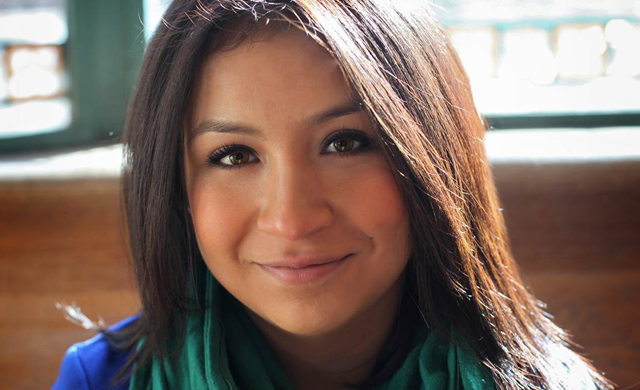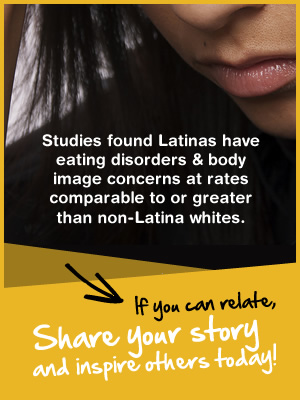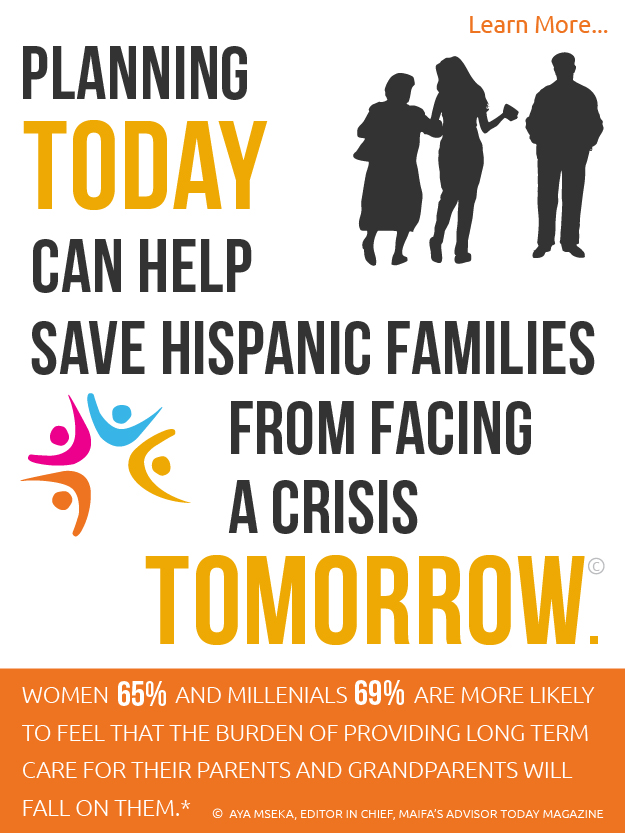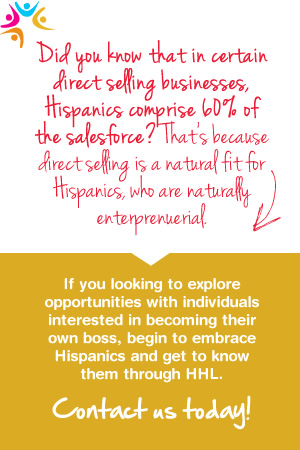
What I've Learned: Young Latina's Mission Is Mental Health Advocacy
04/07/2016 06:00AM | 6842 viewsby ESTHER J. CEPEDA
Dior Vargas is the creator of the People of Color and Mental Illness Photo Project, a response to the invisibility of people of color in media representations of mental illness. She is a volunteer crisis counselor for CrisisTextLine, a co-facilitator for NAMI NYC Metro's Young Adult Support Group and was listed as one of the 15 Remarkable Women of Color Who Rocked 2015 in Colorlines.
At what point in life did your focus on advocacy start taking shape?
I dealt with mental health issues most of my life but it was when I was in high school that I started thinking that I wanted to be an activist, to organize, to protest. I remember people not talking about their pain, minorities especially and Latino communities for sure weren't talking openly about the issues so I wanted to share that part of me.
Does it take a lot of convincing for Latinos to believe that it's OK to want things to be better?
I was talking with someone yesterday about how people of color feel they're not worthy of receiving help. They think going to a therapist for help is a privileged thing, that they can take care of it themselves. Why do we feel that we don't deserve help? A lot of people see others, like their ancestors before them or even current family members, who have had traumatic experiences in the past, internalized guilt or other issues and they're getting by. They think, "They're getting their day-to-day tasks done, so why can't I?"
Confronting fears about seeking help from other people takes a lot of time and energy. But you have to try to equate it to other things. For instance, if I got burned, I wouldn't say 'I don't deserve to get help for that wound,' right? So there's a lot of reframing...And then, of course, there's the issue of navigating the mental health system and at that point you might give up and just say, "Never mind."
What are some special challenges to treatment that Latinos face, that maybe some other races and ethnicities don't contend with?
There is this tension between having your family be a major part of your support network but then also maybe not having enough space. The dynamic of a Latino family is usually extreme closeness - and a sense of guilt if you aren't super close, so that's a lot of pressure. Sometimes they might want to know, in detail, what medicine you're taking or what you talked about with your therapist.
Another thing is maintaining boundaries. You might want to talk about therapy - or you might not, so you have to pick and choose what you want to share. Your time with your therapist is yours and it's cherished, so sometimes you have to set boundaries and people can get very emotional about that because they want to be supportive. It's hard, but you just have to say, "I care about you and my well-being and quality of life, I'm doing this because I want things to be better."
There is a lot of solid research showing that the Latino community does not talk about mental health. And a lot of anecdotal evidence that Latinos prefer to keep a stiff upper lip about issues like depression, anxiety, mood disorders, even dementia in the older population. Did you worry that you would be stigmatized by talking about this taboo subject?
It was not easy. There was some insecurity, questioning and even some backlash, but I kept reminding myself that young people, women, Latinos who live with these issues are silenced and feel unheard. So all those things that worried me were minuscule compared to what I could accomplish for people who are isolated, depressed or feeling hopeless and unable to talk with anyone about it.
What's your advice to those who want to encourage someone to reach out for the help they need?
It's hard not to sound cheesy when I say: You deserve care and deserve love, respect and understanding. You deserve help, you deserve to go see someone to help you get the life that you want. There's this lineage of pain and suffering in some Latino families and a lot of individuals who didn't get that help. And is that the quality of the life you want to live? Yes, there will be people who say "I don't know how to navigate the system," or "I'm just old-fashioned," or "It will be a waste of time," but think of the kind of meaningful life you can have if you break that cycle of silence and take care of yourself.
A lot of Latinos want their children to live a better life than they had, but what does that look like? Not in terms of just money, kids, career or a home - you can't have that good life without mental health. You want to be able to look back at life and say, "I did everything I could for my mental health, I took care of myself." I just know so many people, so many families suffering, carrying pain and they think that's normal. But it's not OK - I don't know anyone that wants that for themselves or their kids.
What about your family? Are they supportive?
They are, but I've learned that it takes a very thoughtful approach to do this work so publicly and still honor your family. In 2014 I was interviewed for an article about Latinas and high suicide rates in a high-profile magazine. I was extremely excited about being in a magazine and reaching people I'd otherwise not be able to and I was very candid about my experience. When the article came out, some of what I had said didn't come out in the way that I had wanted it to and it hurt my mom. I had to consider questions about the line between being honest about my experience and "airing dirty laundry" and how to stay true to my family, the people I love, without hurting them. That said, my mother is my biggest supporter and extremely passionate about this part of my identity.











Post your Comment
Please login or sign up to comment
Comments